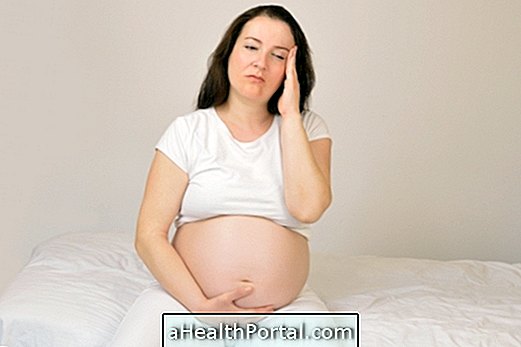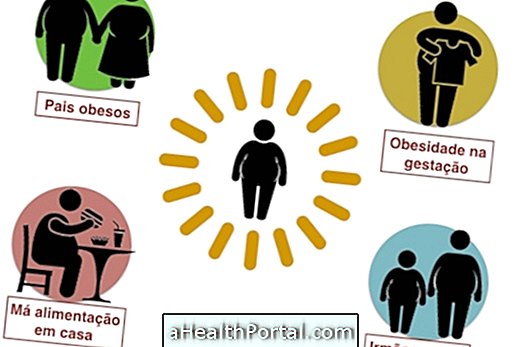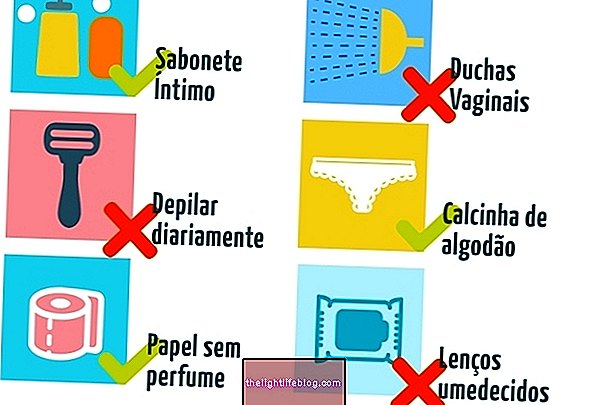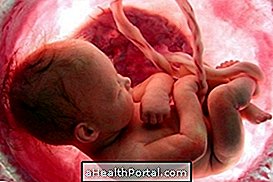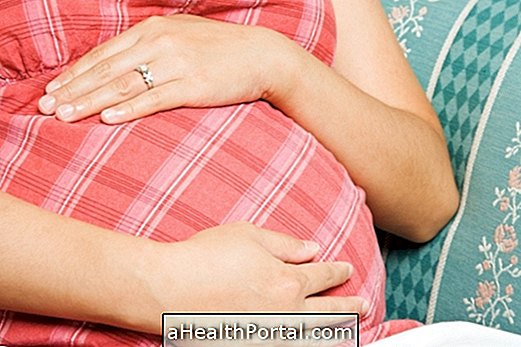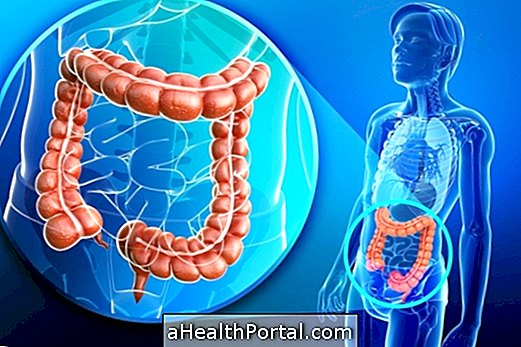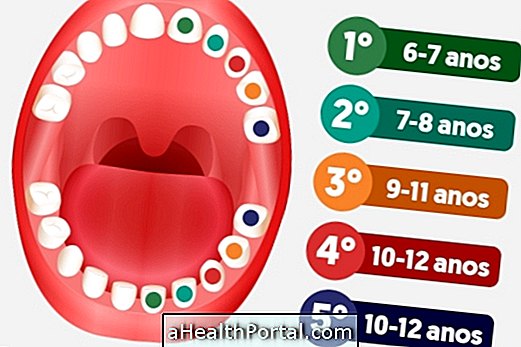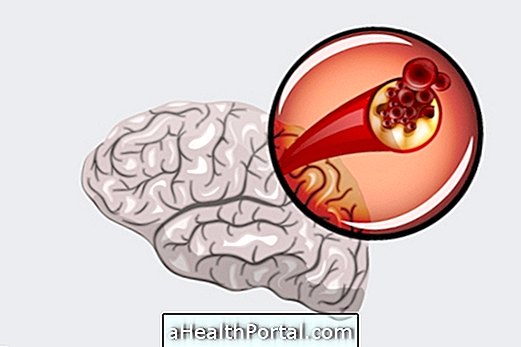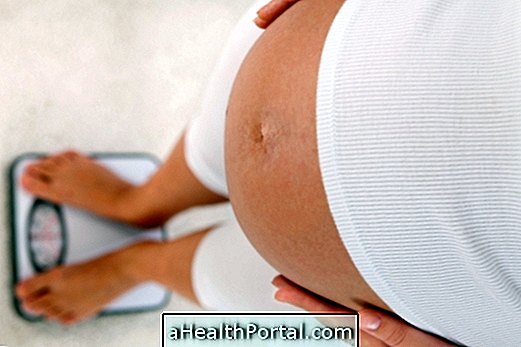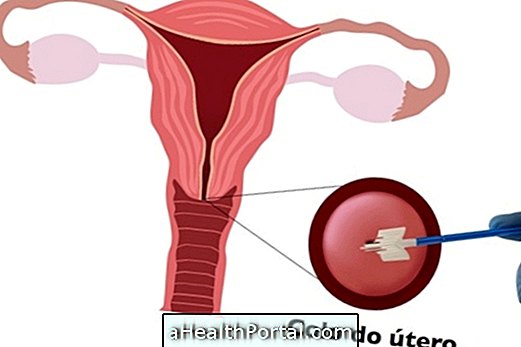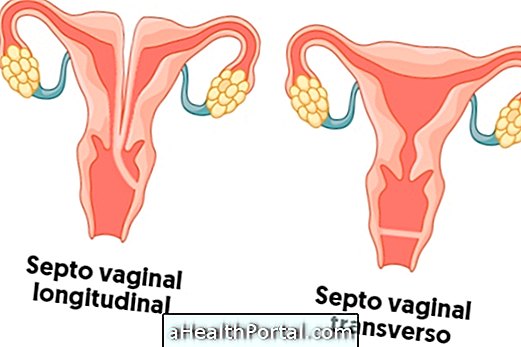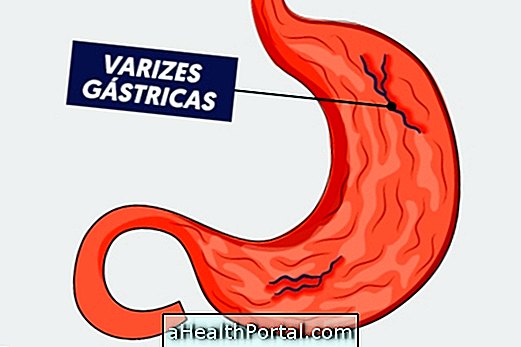Hypothyroidism, when not well controlled in pregnancy, can cause problems such as miscarriage, delayed mental development, and low IQ for the baby.
In addition, this disease can decrease the chances of getting pregnant because it alters the woman's reproductive hormones, causing ovulation and fertility during the menstrual cycle not always to occur.
Risks for mother and baby
The risks of hypothyroidism in pregnancy appear due to the lack of treatment of the disease or incorrect treatment, increasing the chance of problems such as:
| Risks to mother | Risks for the baby |
| Pre eclampsia | Heart Defects |
| Premature birth | Delay in mental development |
| Anemia | Low IQ |
| Placenta previa | Fetal distress |
| Bleeding after childbirth | Low weight at birth |
Pre-eclampsia is a condition that tends to start as early as 20 weeks of gestation and causes high blood pressure in the mother and may affect the proper functioning of the organs and cause miscarriage or premature delivery. See more here.
How to identify
In most cases, pregnant women already have hypothyroidism before pregnancy, but prenatal tests help detect diseases in women who do not have symptoms of the problem.
To diagnose the disease, blood tests should be done to evaluate the amount of thyroid hormones in the body and, in positive cases, the analysis should be repeated every 4 to 8 weeks throughout the gestation to maintain control of the disease .
Treatment
If the woman already has hypothyroidism and plans to become pregnant, she should keep the disease well controlled and have blood tests every 6 to 8 weeks from the first trimester of pregnancy, with the normal dose being greater than before gestation.
When the disease is discovered during pregnancy, the use of thyroid hormone replacement medicines should begin as soon as the problem is identified and repeat the analyzes every 6 or 8 weeks for dose adjustment.
Postpartum hypothyroidism
In addition to the gestation period, hypothyroidism may also occur in the first year after delivery, especially after 3 or 4 months of the baby's birth. This is due to changes in the woman's immune system, which then destroys the thyroid cells.
In most cases, the problem is temporary and resolves up to 1 year postpartum, but some women develop permanent hypothyroidism, and all are more likely to have the problem again in a future pregnancy.
Thus, one should be aware of the symptoms of the disease and have blood tests that evaluate the functioning of the thyroid during the first year after delivery. So, look at the symptoms of hypothyroidism.
Watch the following video to learn what to eat to prevent thyroid problems:

If your problem is excess hormones, see How Hyperthyroidism Affects Pregnancy.

